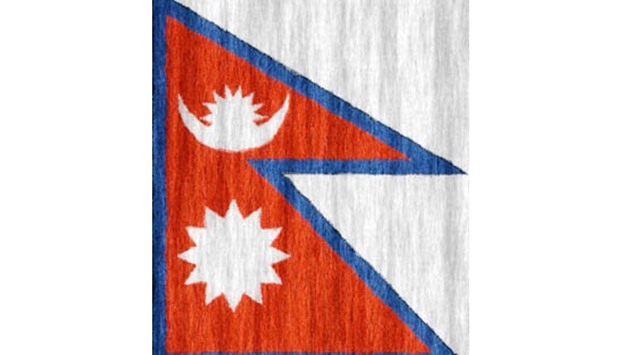Bhutanese Prime Minister Tshering Tobgay yesterday tried to assuage the concerns raised over the Bangladesh-Bhutan-India-Nepal (BBIN) motor vehicle agreement, saying it was about four neighbours working together and by rejecting it Bhutan would stand to lose out on regional cooperation.
Tobgay, speaking days after the National Council on November 15 rejected the BBIN agreement after the majority members voted against passing the agreement, hoped the National Assembly (NA) and National Council (NC) members can sit together and discuss the BBIN agreement.
Tobgay said the BBIN agreement has been “misunderstood” that it would lead to large scale unregulated traffic in Bhutan.
He said the BBIN protocol outlines how many numbers of vehicles and which routes to be taken.
He said the BBIN was not just about motor vehicles, but about energy, trade, information, communication and technology, and other forms of regional co-operation. “The government thought about it very carefully and we are still committed to BBIN,” the Bhutanese prime minister said, Kuensel Online reported.
The prime minister said that since BBIN is about four neighbouring nations working together, Bhutan loses the opportunity to work with Nepal and Bangladesh. “Our co-operation with India is very good but there is lots we can do with the other two neighbours.”
He said if Bhutan wants to export energy to Bangladesh, India has to be involved and that is where BBIN matters. “If we want to bring in bandwidth from Bangladesh, it has to come through India. So this is why BBIN is important.”
He also said BBIN is very significant for a landlocked country and its neighbours become very important.
Sharing the draft protocol, Lyonchoen also explained the whole purpose of the protocol is to regulate the number of vehicles, as it specifies how many vehicles will be allowed into the country and the maximum duration. “In Bhutan’s case, we have nothing new.”
The Bhutanese prime minister’s remarks come as the Nepali government has voiced concern over Bhutan’s upper house voting against ratifying the Motor Vehicle Agreement (MVA).
A Nepali official termed the Bhutanese move as a “setback”. “No official position has been made (by Nepal on the matter).”
The Nepalese Parliament has already endorsed the agreement, the Kathmandu Post
reported.
India on Thursday expressed hope that Bhutan would join the sub-regional pact after completing all internal procedures.
This is the second time India’s sub-regional road connectivity plan has faced a setback as earlier Pakistan had refused to come on board the Saarc MVA.
India brought Bangladesh, Bhutan and Nepal on board and reached an agreement to remove restrictions on vehicular movement in the subcontinent.
With the implementation of the agreement, Nepal would have an easier access to not only the Kolkata port but some other deep sea ports such as Paradip and Visakhapatnam.
The proposed MVA network aims to connect Kolkata, Agartala, Siliguri, Guwahati, Shillong and Agartala of India; Benapole, Chittagong, Dhaka and Sylhet of Bangladesh; Phuentsholing and Paro of Bhutan and Kakarbhitta of Nepal.
The four South Asian nations signed the BBIN agreement in June last year in Thimphu, Bhutan, in what was seen as a significant symbol of sub-regional unity.
The agreement allowed for the regulation of passenger, personal and cargo vehicular traffic among the four countries.

nepal
